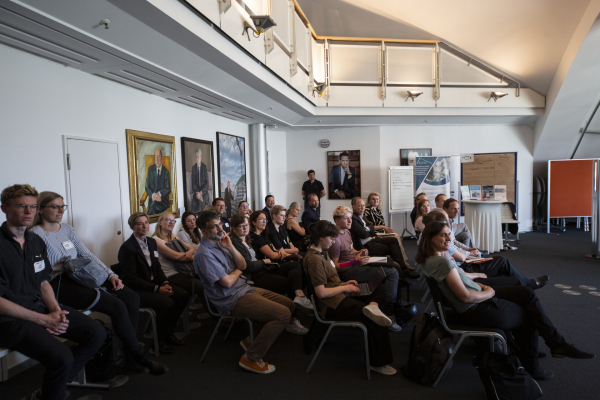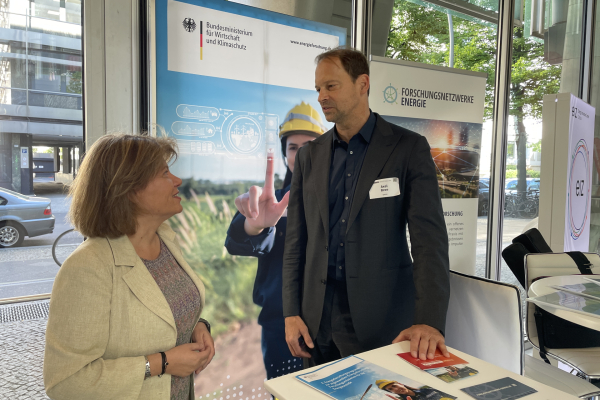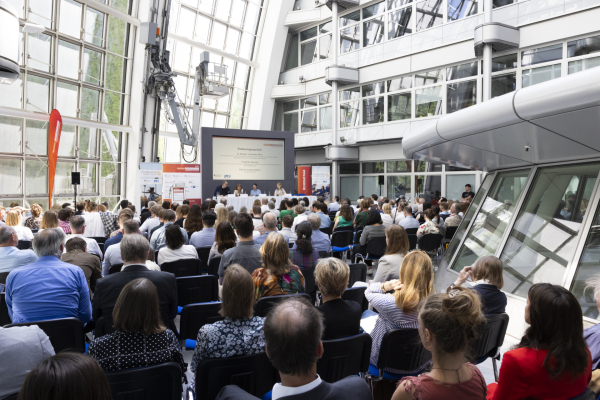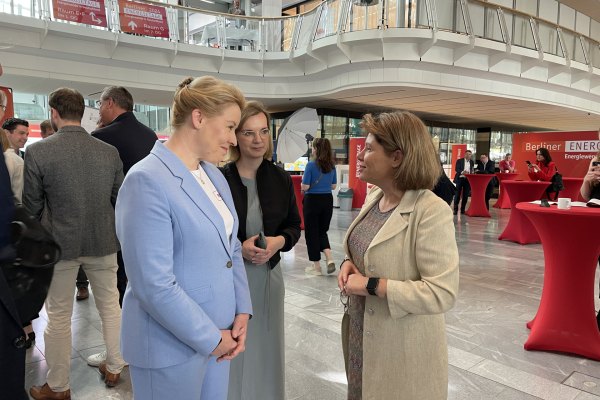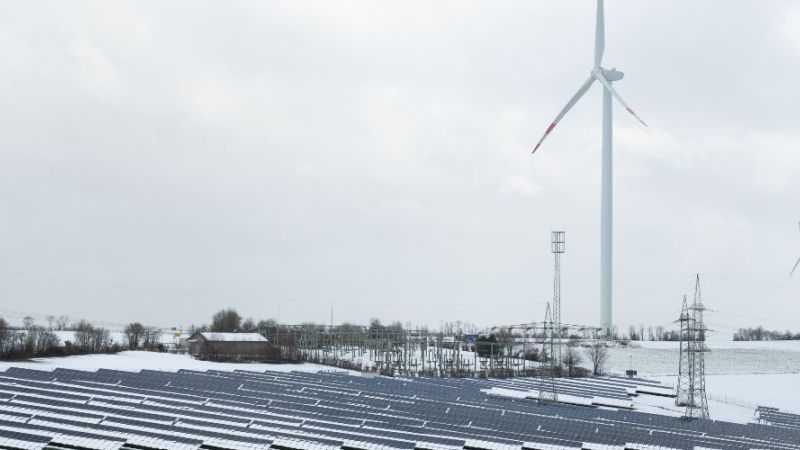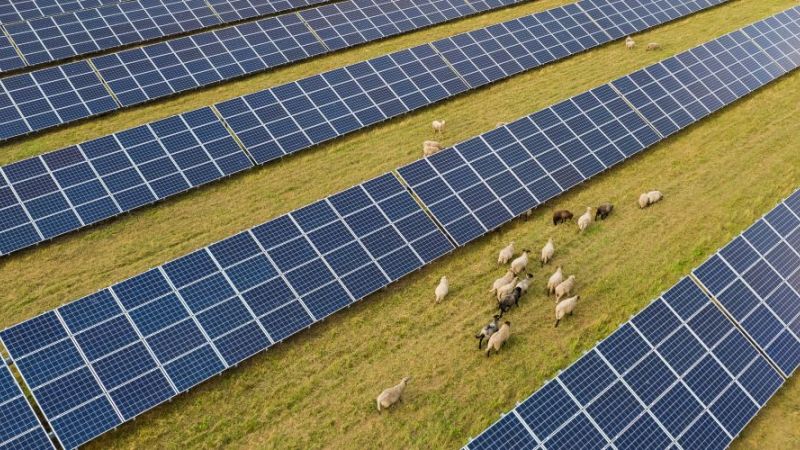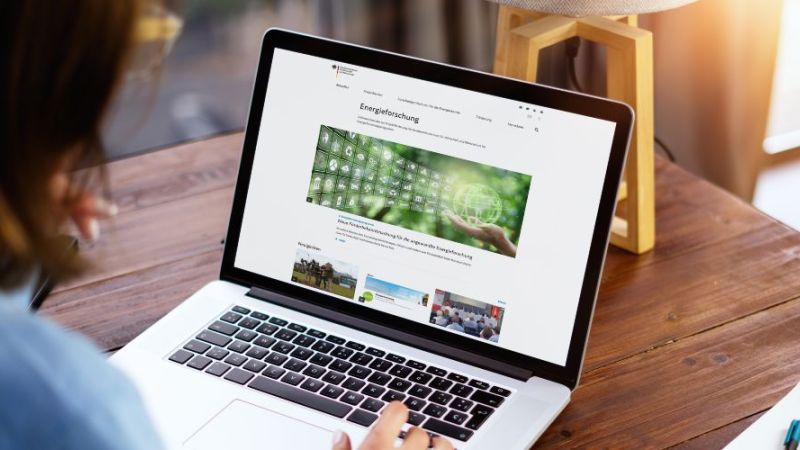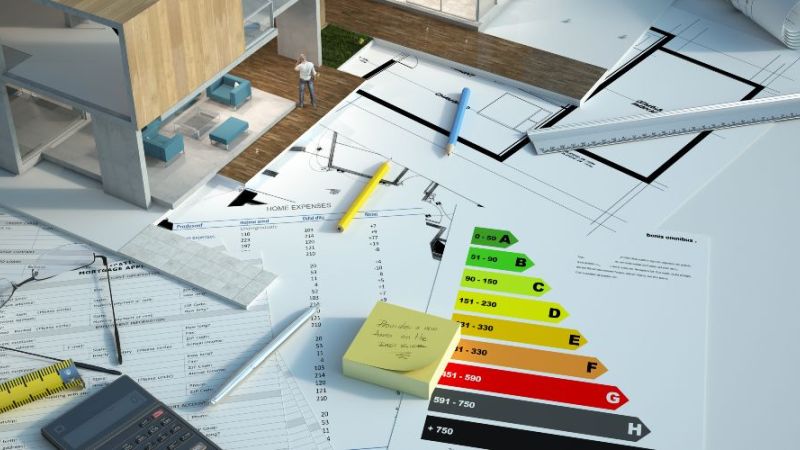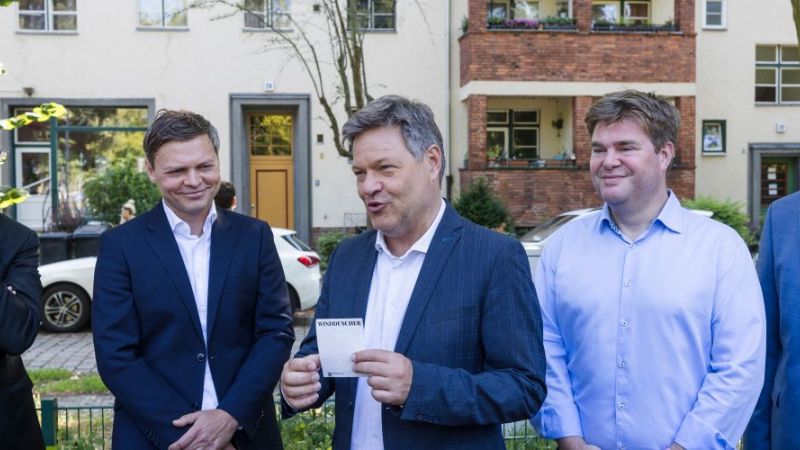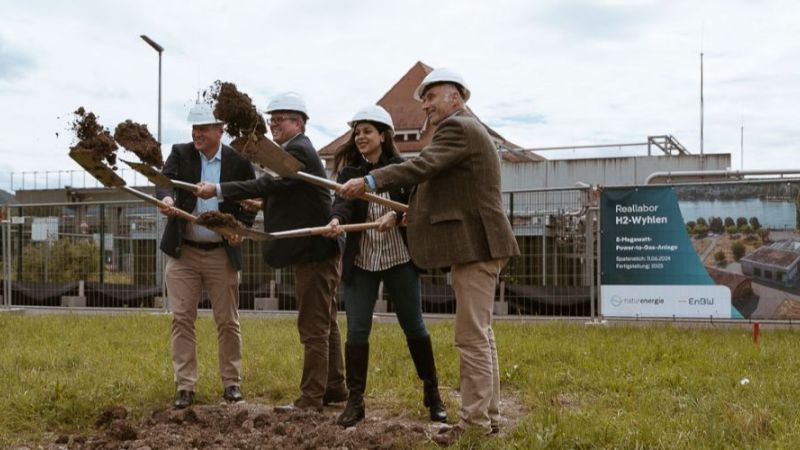 © Nils Lucas / ENERGIETAGE
© Nils Lucas / ENERGIETAGE
Energy transition and society
"Tell good stories, not fairy tales"
In order for Germany to become a climate-neutral country, transformation is needed in the economy and society. This includes both new technologies and social innovations. During the Berlin Energy Days, experts discussed how knowledge from energy research can be effectively communicated to society. The event took place on 15 May 2024 in Berlin.
Since 2018, the Federal Ministry for Economic Affairs and Climate Action (BMWK) has been funding research into social issues relating to the energy transition, for example socio-economic effects, acceptance, conflict and alliance structures or innovative forms of communication and knowledge transfer. This funding priority is complementary to the technology funding in the energy research programme, said Dr Rodoula Tryfonidou at the start of the event. The head of the "Energy Research - Fundamental Issues and Strategy" department at the BMWK encouraged researchers to network, make their findings more easily accessible and actively transfer them to society. To this end, she signalled the BMWK's support within the framework of the energy research networks.
Energiewende-O-Mat provides information on opportunities for participation
Many of the 57 current collaborative projects in the BMWK-funded research area "Energy transition and society" are working on how this transfer can take place. One of these projects is ENGAGE. Experts are investigating the potential of social innovations for the energy transition. The researchers summarise approaches that solve social challenges and improve living conditions, such as models for participating in renewable energy projects or specific recommendations for policy-makers.
The ENGAGE results have been channelled into the Energiewende-O-Mat (German only), among other things. Interested parties can use this overview platform to find suitable energy transition participation opportunities. The platform is not a sure-fire success. According to ENGAGE project manager Friederike Skorning from the 100 prozent erneuerbar stiftung in Berlin, it remains to be seen how to reach people who have less contact with the energy transition in their everyday lives.
Approaching society
The PartEEnschaften project is researching how the often silent majority of those in favour of the energy transition can be better activated. The experts are investigating how positive narratives can be developed and publicised in participatory planning processes. It is important to show that the majority of the population has a neutral to positive attitude towards the energy transition, says project manager Prof Gundula Hübner. This is because the focus is too often exclusively on the opponents of the energy transition, who are in the minority.
"If a wind turbine is to be built somewhere, then there is talk of compensation for it. But it can also be presented as a benefit, because local communities can profit from wind turbines and the like," suggests researcher Hübner. It is important to tell positive stories, but not made-up fairy tales, moderator Prof. Fritz Reusswig summarised the discussion at the end. The focus should be on fact-based communication that takes the concerns of citizens seriously.
Workshop on the heating transition and participation
In addition to communication topics, a second event on the topic of the heating transition and society took place as part of the Berlin Energy Days. This explored the question of how society can be more involved in the implementation of the heating transition. Four projects from the "Energy transition and society" research focus area held a workshop on this topic. Representatives of the BMWK-funded projects DiKoMo, EfficientCitizens, building-dialogue and WAERM4ALLE presented their approaches and then discussed them with the participants in small groups.

